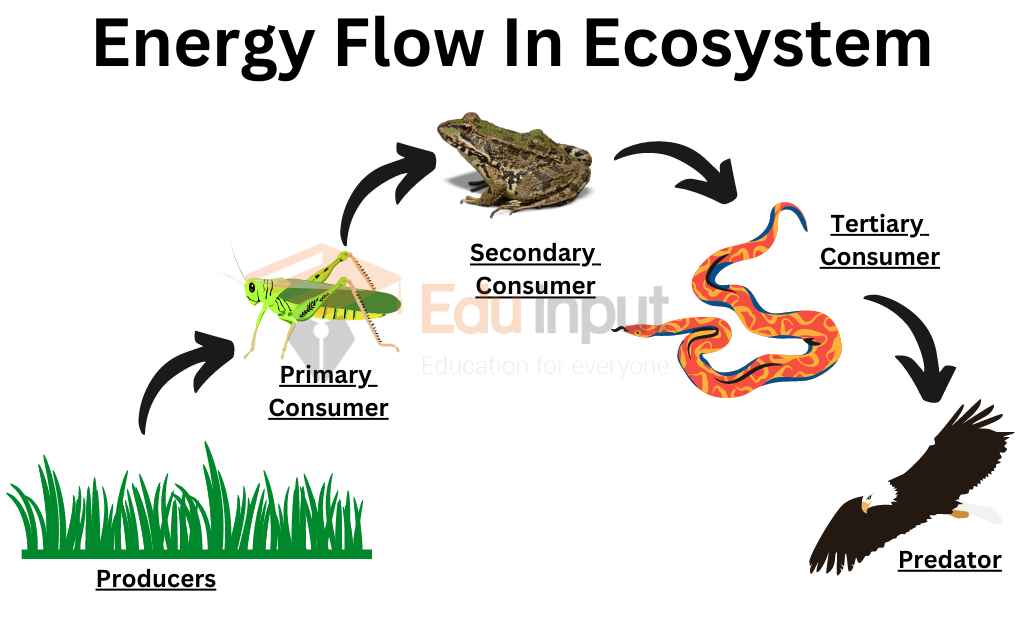Where Are Decomposers In Food Chain?
Decomposers are at the bottom of the food chain, because they break down the dead organic matter, animals and plants. They return nutrients and energy to the soil, which can then be reused by plants. Decomposers belong to the lowest trophic level of an ecosystem.
They are also known as the detritus food chain. They are responsible for breaking down dead organic matter such as fallen leaves, dead animals, and other organic waste. Decomposers play an important role in cycling nutrients back into the ecosystem.
Decomposers in Food Chain
Decomposers are an important part of the food chain because they help to maintain nutrient cycling and keep the ecosystem healthy. Without decomposers, the food chain would not function properly, and the ecosystem would be less resilient to environmental change.
When an organism dies, decomposers break down its organic matter into simpler substances such as carbon dioxide, water, and nutrients like nitrogen and phosphorus. These nutrients are then recycled back into the soil, where they can be used by plants and other organisms in the ecosystem.
Decomposers are also involved in the decomposition of pollutants and contaminants, such as oil spills and chemical pollutants. Some types of bacteria, for example, are capable of breaking down hydrocarbons found in oil spills.




Leave a Reply